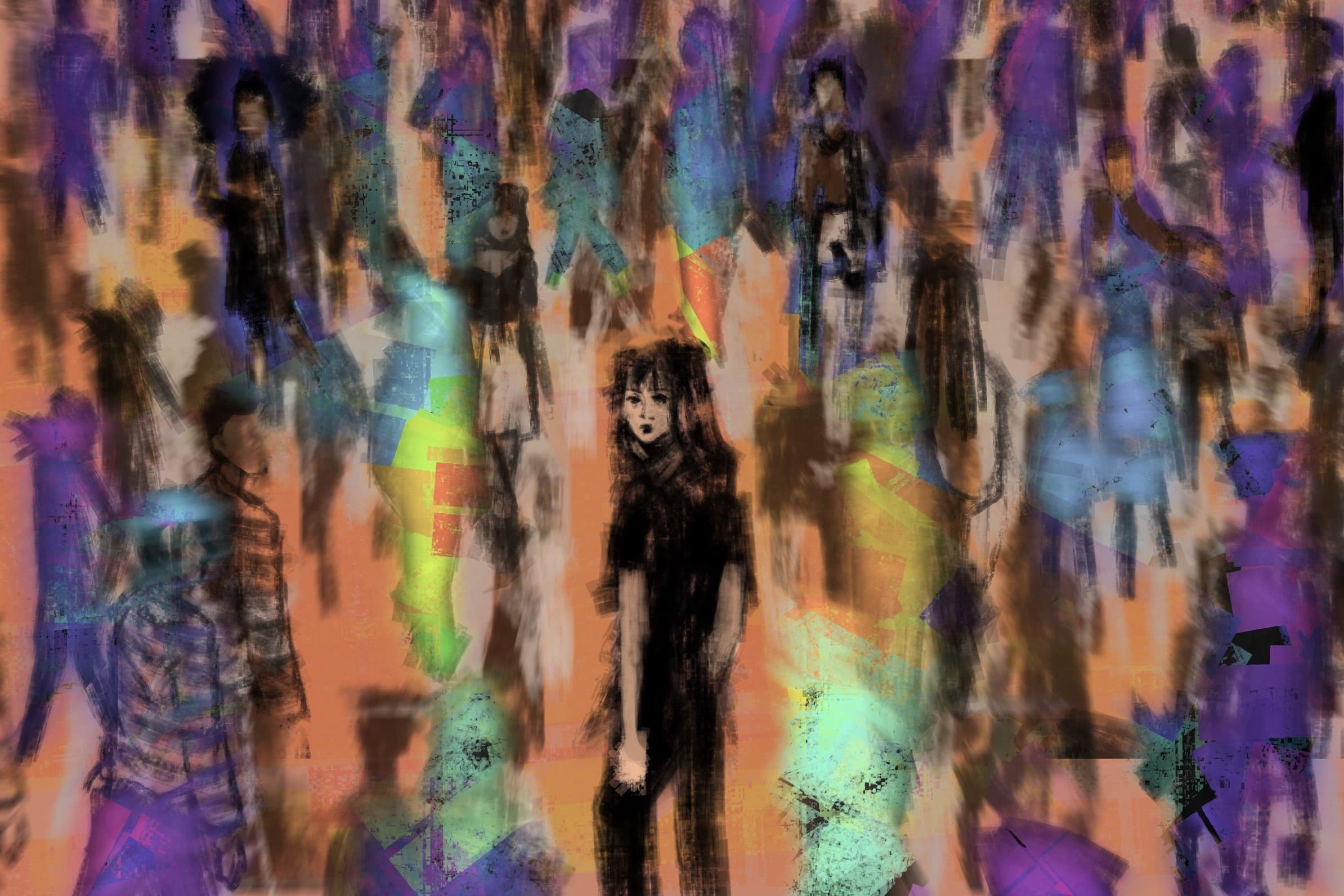
The global population reached 8 billion people, according to the United Nations, on November 15, 2022. This is a milestone in human history, as this was the fastest growth in one billion people since the seven billion milestone.
It took humanity 11 years to reach eight billion people from seven, while six to seven billion people took 12 years. Although this may not sound like much, this rate of change is extremely fast in comparison to the rest of human history.
In 10,000 BCE (12,000 years ago) there were approximately 4 million people on earth and, until the 1700s, the human population grew very slowly, at around 0.04% annually. In the year 1800, the world hit its first billion. In just over 200 years thereafter, the population became 8 times that amount – a 3.15% annual increase, over 75 times greater than the rate of change prior to the year 1800.
Unfortunately for the human race, this increase in population only serves to worsen pre-existing problems with the environment and global climate. As the human population increases so do the following processes, extraction of resources, increasing of burned fossil fuels, increased ecological impacts and Increase in freshwater use.
Extraction of resources and burning of fossil fuels both result in pollutants and waste while extraction of resources includes fossil fuels, it also includes trees, water and wildlife which will need to be extracted in greater quantities as the population increases. As for burning fossil fuels, there will be more need for energy in the form of electricity to power simple everyday life such as transportation or to power industrial processes which may need to be increased since more people means more demands for certain products. Both of these increases are inevitable since in the modern world burning fossil fuels is inescapable as is the need for water, wildlife and trees for products such as paper.
Ecological impacts on the environment are also an inevitable part of such a growing population. In order to give housing to the growing population new homes may need to be built and more space for agriculture will also be needed. Which will in turn cause the destruction of natural habitats in order to create space for these processes, this leads to lack of biodiversity and species population due to the lost/disturbed ecosystem.
Another more social political issue that results from population growth is the issues lower income countries face with a rapidly growing population. Population growth rapidly increases in lower income countries either because there is little education to know when to have a baby or because technology is not available to be able to plan for a child. This puts the countries in a tough position where they have to increase public expenditures in order to eradicate poverty, end hunger and malnutrition as well as ensure universal access to health care which puts a lot of strain on these governments.
Despite all this, many experts believe that the world’s population will nearly stop growing by the end of the century as a result of dropping fertility rates. A decrease in birth rates from 2.5 today to 1.9 births by 2100 will in large part cause the world's population growth to stagnate. This is not certain as some experts disagree with these figures but even so, the issues presented to the human race today need to be addressed sooner rather than later.
Art Credits to River An